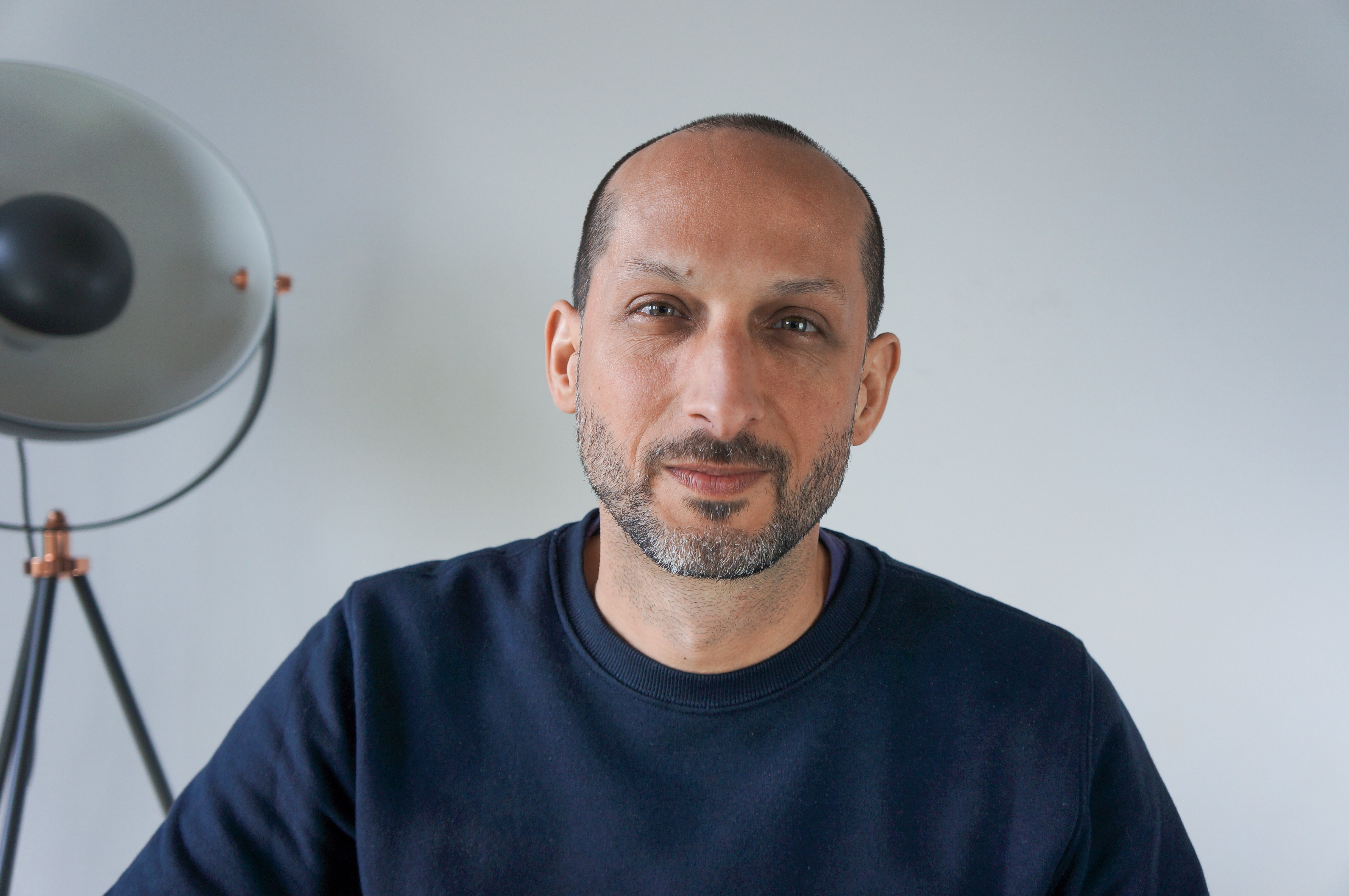Elon Musks' first moves as the new owner of Twitter caused an uproar last week. Within days of taking ownership, he sacked several leading lights of the company, including the CEO, gave himself the title, and fired 3,700 employees within a couple of days.
It’s worth reflecting on this and what it might mean for the future of social networks. Critics are saying that Elon isn’t a business mastermind after all. Is that true?
I’m not so sure. Musk paid $44billion for Twitter, which is reportedly making a loss of $3m a day. He needs to turn that tide, and the obvious first step is to cut costs. Musk’s stance is that the tech giant simply doesn’t need so many people to run successfully. Many agree on that, including Twitter co-founder Jack Dorsey.
Many of the newly jobless were in roles based on moderation and content control. So many moderators are needed because Twitter is flooded with fake accounts. The obvious solution is to validate accounts, so these accounts are removed or forced to drop away. Bad accounts will also be less likely to cause trouble if they’re validated and less visible if they’re not.
Validation is an expensive business, which is why only famous or large accounts received that blue validation tick on their accounts previously. By charging everyone $8 for account validation, we all have access to protection against being impersonated and higher visibility into whether an account is real.
If only 10% of Twitter’s 396.5 million active users pay to validate their accounts - it’ll be the ‘power users’ that do so, then that would bring in just shy of $40m per month. Which means that Twitter should start making money again.
This could cause a shift in the industry. We’ve been ‘trained’ to see social media networks as free by nature, but the truth is - as the saying goes - if you’re not paying, you’re not the customer; you’re the product.
The Cambridge Analytica scandal exposed the secrets of what the tech giants do with our data. Google’s ‘selfish ledger’ revealed that it not only collects data for advertising but for persuasion. The last few years have seen this proven true, with the rise of Trump, the shock of Brexit and misinformation about Covid.
Once people begin to accept that power users might pay for additional features on Twitter, it’ll only be a matter of time before Meta joins in - today, they've announced the mass-firing of 11,000 employees. Zuckerberg clearly has his eyes firmly fixed on what Musk is doing. With the backlash against Facebook because of its use of our data, moving away from the advertising model would be good for the company and potentially move us towards a more transparent and honest social media network. I expect to see Facebook offering a paid-for authentication service next, followed by the ability to pay to have no ads. No ads mean no need to collect our data.
Social media’s going through a dark time; we’re aware of our rights around privacy, and we’re sick of constant, targeted advertising and the sense that we’re being watched and listened to. A paid-for model could eradicate that.
Not relying on advertising revenue transforms the potential of tech platforms, just as it already has done in the TV world with the advent of Netflix. Perhaps it’s ok to pay a bit to get some of that privacy back. Perhaps an online world free of coercion and misinformation isn’t beyond our reach. Social networks now have an opportunity to deliver what they promised in their early days.
Let that sink in.



